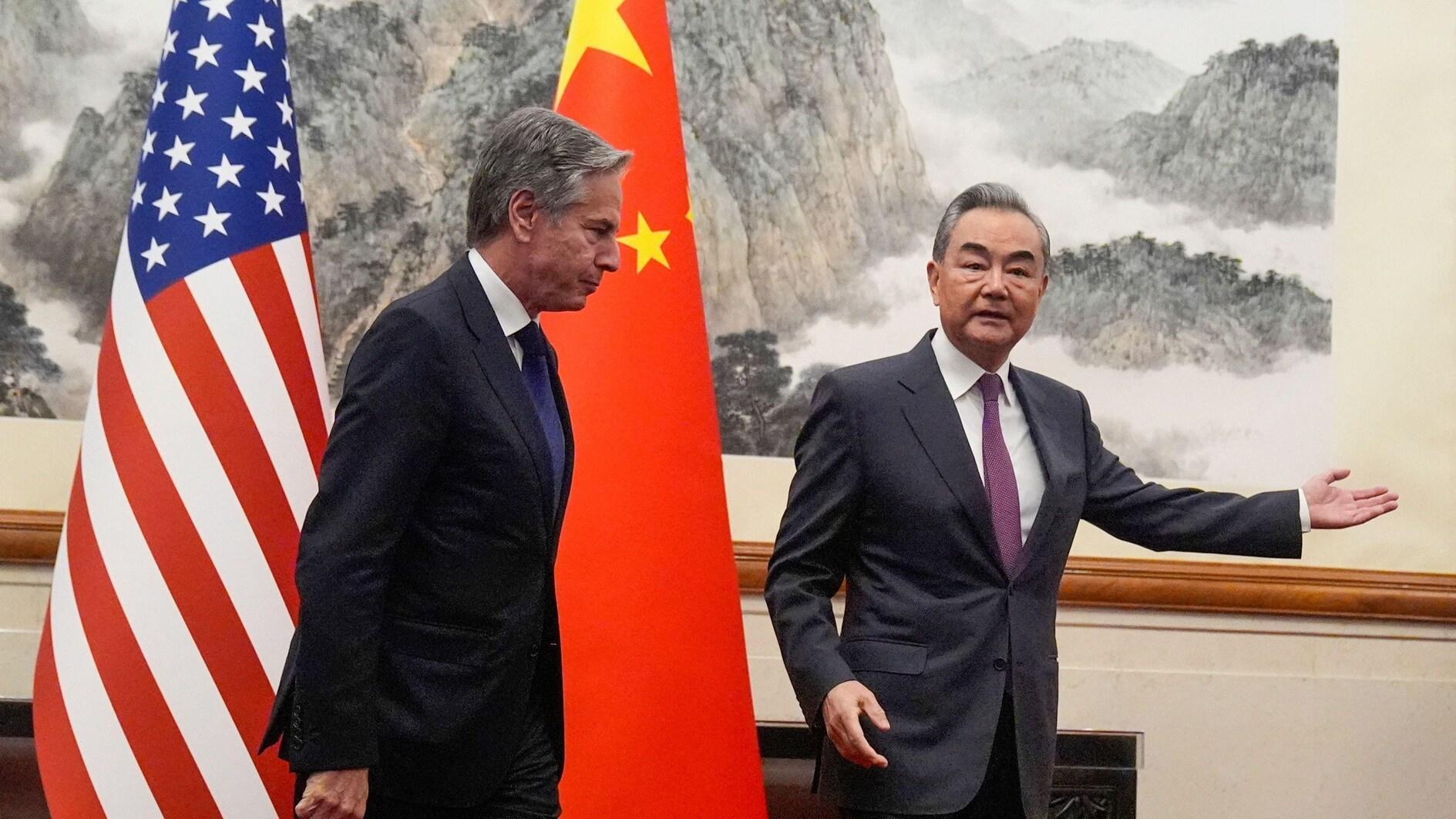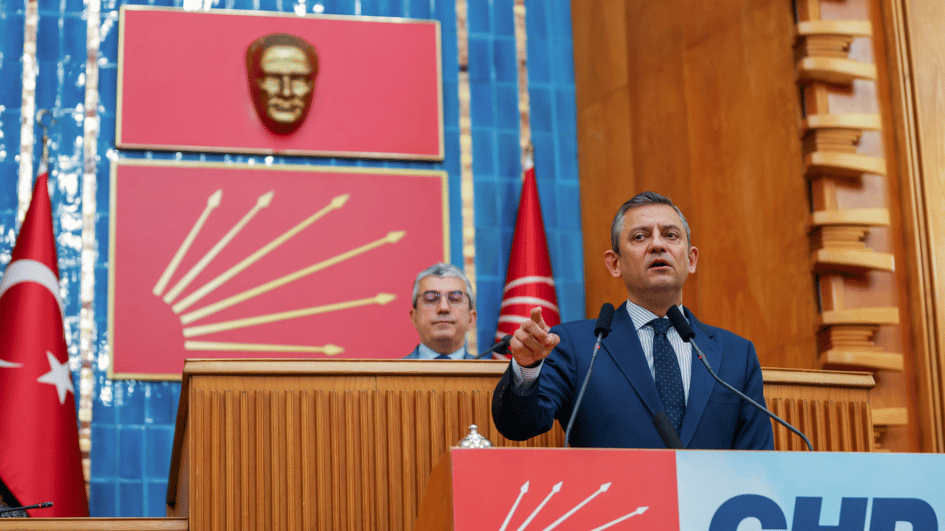Another moment of destiny for Turkey
The referendum on April 16 will mark another turning point or, rather, crossroads in Turkey’s political history.
Voters will choose whether to consolidate all executive power in presidential hands and allow the president to also lead his or her party in parliament and, at the same time, be able to appoint the majority of the Constitutional Court’s judges and members of the board to appoint judges and prosecutors across the country – or continue with the current system which is a pseudo-parliamentarian one that has been the source of complaints for decades but has more room to maneuver for checks and balances.
Since the presidential election in 2007, President Tayyip Erdoğan has been pushing for such an executive presidential system in order to “unchain” the executive potential of the governments which represent the “will of people” through elections from the “obstructive effects” of the parliament and the judiciary.
The spirit of national unity formed after the foiled military coup attempt on July 15, 2016, might have inspired Erdoğan that the correct time to make the move had arrived. The state of emergency imposed right after the coup attempt not only crushed the secret network and sympathizers of his former ally, Fethullah Gülen, the U.S.-resident Islamist preacher accused of masterminding the coup, but also the network of the Peoples’ Democratic Party (HDP) – which focuses on the Kurdish issue – in the parliament; thousands of party officials are in jail, including co-chairs Selahattin Demirtaş and Figen Yüksekdağ.
Because the Justice and Development’s (AK Parti) seats in parliament were not enough to take such a constitutional shift to the public vote and because social democratic opposition Republican People’s Party (CHP) leader Kemal Kılıçdaroğlu has been categorically against the consolidation of power in one hand, urging instead the strengthening of the parliamentarian system, Erdoğan found a cooperative partner in Devlet Bahçeli, the leader of the Nationalist Movement Party (MHP).
The contradiction there was the fact that Bahçeli was against the presidential system, with his opposition to Erdoğan’s rule being one of the pillars of his election campaign in 2016. Still, he immediately expelled some influential figures from the MHP after they sided with the naysayers ahead of the present referendum.
That is why the 11th-hour criticism from Bahçeli about Erdoğan’s lack of comment regarding a statement by one of his chief advisers about the need for federalism in Turkey, which is understood by the MHP to mean Kurdish autonomy, was like a cold shower on the AK Parti’s “yes” campaign. Erdoğan said such an issue was not on his agenda today (despite his formal praise of federalism in 2013 during the pursuit of a political solution to the Kurdish problem), while the MHP headquarters said they would remain loyal to their “yes” promise. But it is indeed difficult to measure what kind of effect it will have on the ballot box on Sunday.
Bahçeli’s move might have scrapped all forecasts by pollsters; most of them have been predicting a narrow “yes” anyway amid reservations due to the “shy voter effect” and other uncertainties.
It is a moment of destiny for Turkey anyway. If the outcome is “yes,” it will have a dramatic effect on the quality of democracy in Turkey such as declaring the republic in 1923 or shifting to multi-party elections in 1947. It will certainly increase Erdoğan’s power despite the fact that half the population declared that they do not want his single-handed rule. If the outcome is “no,” it will be a blow to Erdoğan’s popularity (he was elected by 52 percent in 2014) despite the fact that almost half of the people are with him.
Either way, the choice of the Turkish people in their future will have an important effect in Middle Eastern politics and the relations between the region and the West – the United States and the Euroepean Union in particular.











